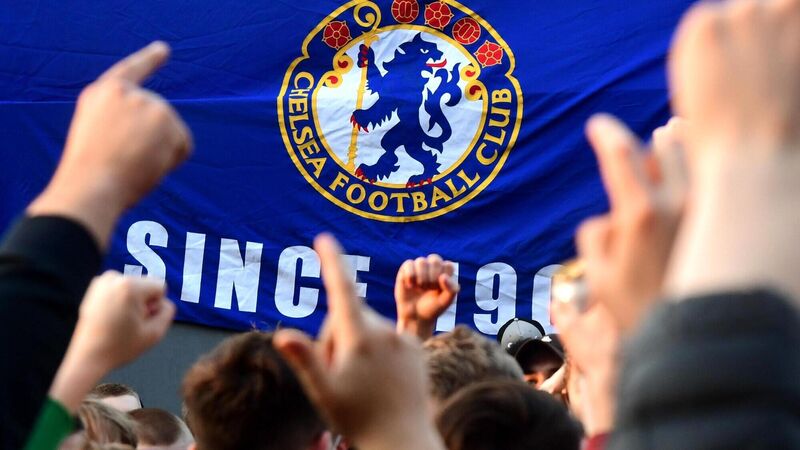Larry Ryan: Were we ready to walk away from English football?

And for three heady nights, you just roll with it — revel in Chelsea fans staging an emotional protest about the malign influence of money on the game, writes Larry Ryan
Did we ever feel more alive than when football was dying?
When was the last time we were as energised by 48 hours of drama in the grand old game?









